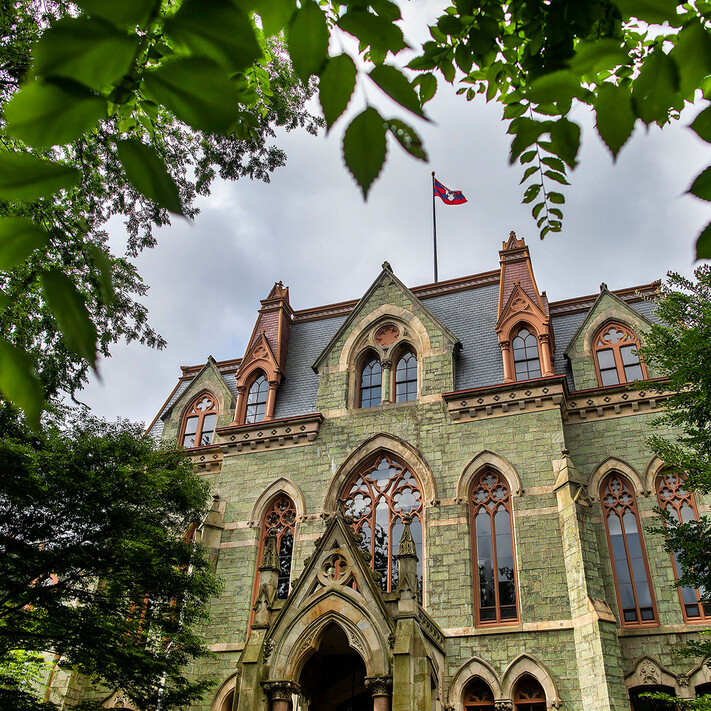Utilities & Operations
Through energy efficiency, recommissioning, carbon offsets, and a cleaner electricity grid, Penn has made immense progress towards achieving the 100 x 42 goal of carbon neutrality by 2042.
As of the close of FY22, overall emissions have been reduced by 45% and building-related emissions have been reduced by 45% compared to the FY09 baseline.
As part of Penn’s Power Purchase Agreement (PPA), two large solar facilities in Central Pennsylvania are under construction. These solar facilities will account for an estimated 70% of electricity for Penn’s main campus and the University’s Health System (UPHS) when they come online in early 2024. These actions combined with continuous recommissioning, operational changes, and renovation of the top 30 energy-consuming buildings are important steps on our trajectory to neutrality by 2042.
